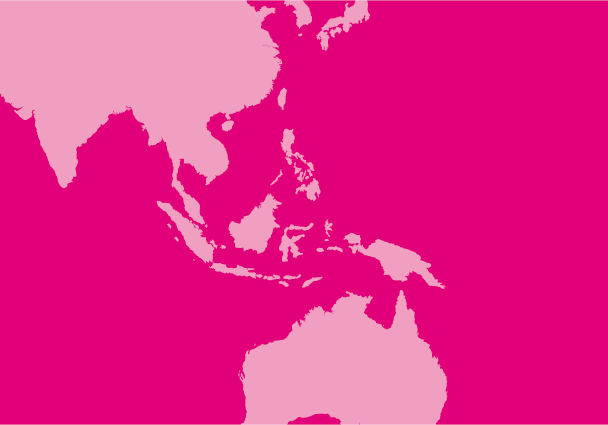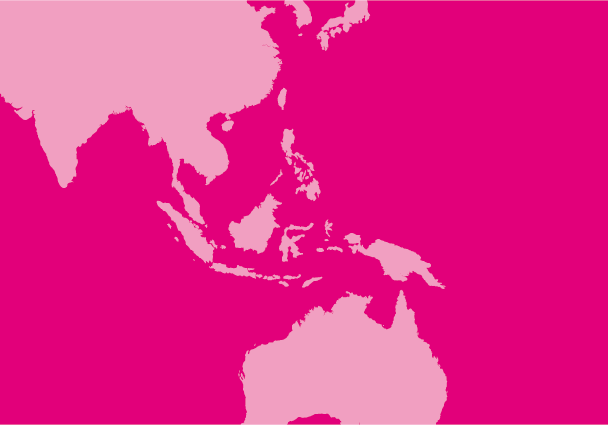 The ICJ today urged the Government of Cambodia to immediately drop criminal defamation charges brought against three human rights defenders arrested over the last two weeks.
The ICJ today urged the Government of Cambodia to immediately drop criminal defamation charges brought against three human rights defenders arrested over the last two weeks.
The ICJ further called for the law that makes defamation a criminal offence to be repealed.
The three, Kem Sokha and Pa Nguon Teang, respectively President and Deputy-President of the Cambodian Centre for Human Rights, and Yeng Virak, Director of the Community Legal Education Centre, were arrested over the last two weeks after hand written comments, critical of the government of Prime Minister Hun Sen, were found on a banner being displayed during Human Rights Day celebrations on 10 December 2005.
“These arrests and the use of criminal defamation laws to silence critics will have a chilling effect on human rights defenders and will shrink even further the space for democratic debate in Cambodia”, said Nicholas Howen, Secretary-General of the ICJ.
The ICJ recalled that Cambodia is legally bound to respect freedom of expression by having ratified the International Covenant on Civil and Political Rights (ICCPR) in 1992.
“The right to freedom of expression means that people are free to criticise their government and their leaders. This is an essential part of legitimate democratic debate”, said Nicholas Howen.
“Courts around the world have repeatedly struck down laws that prohibit criticism of government leaders and other public officials, as violations of the internationally-recognised right to freedom of expression”, he added.
The ICJ also called on the Government immediately to stop using, and to repeal, the law that makes defamation a criminal offence.
“The global trend is to abolish laws that criminalize defamation, as they are a disproportionate response to speech that might be defamatory. They only stifle democratic debate, especially when used to protect government leaders from normal criticism”, added Nicholas Howen.
If the prosecution of the three men continue, the ICJ will observe their trial for compliance with international fair trial standards, including the independence and impartiality of the judiciary.
“Cambodia has a history of executive interference in judicial decision-making and the ICJ will be closely monitoring this case,” said Nicholas Howen.




